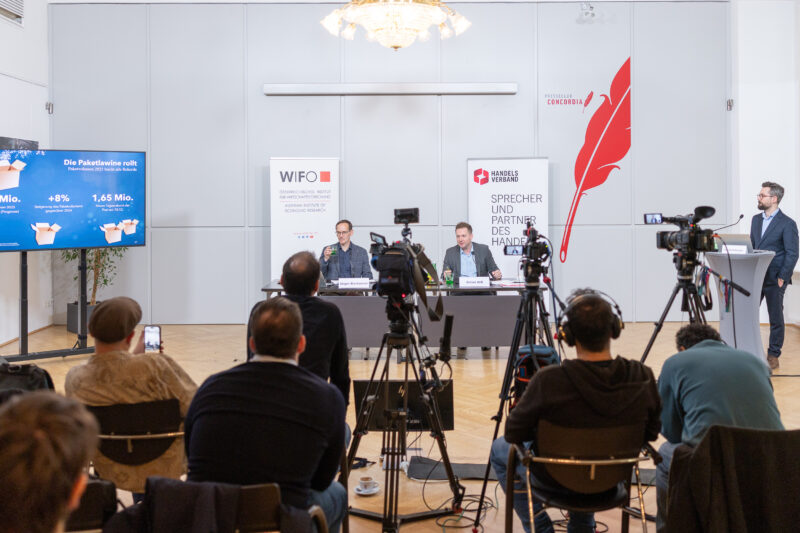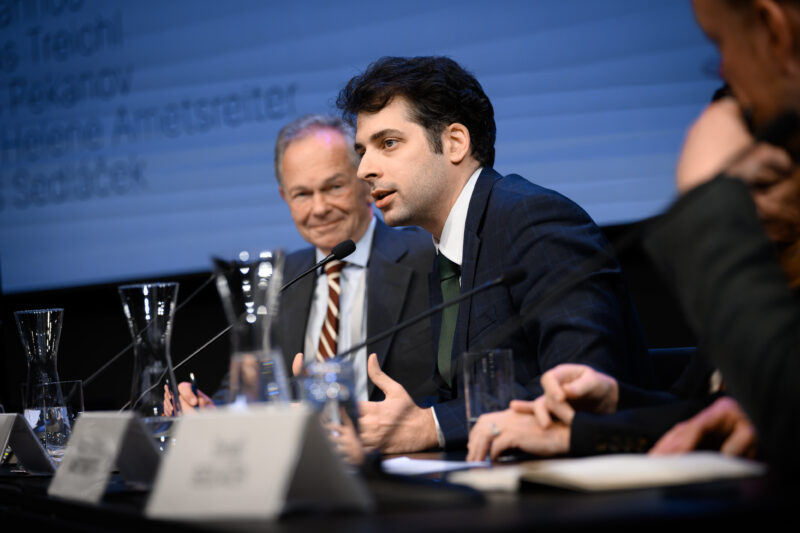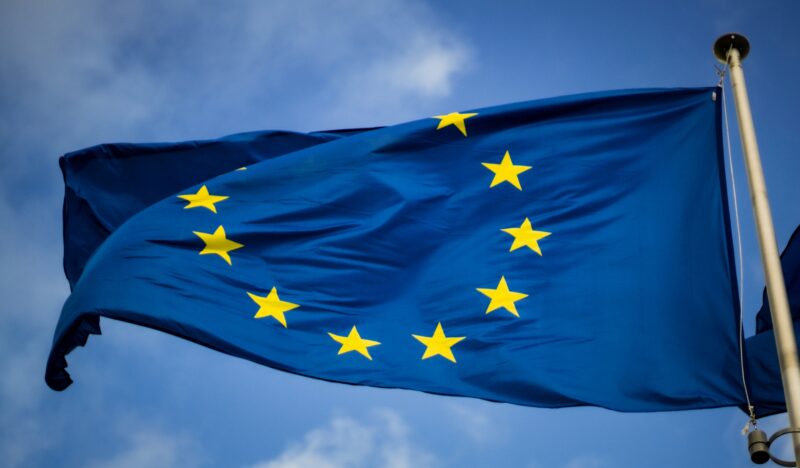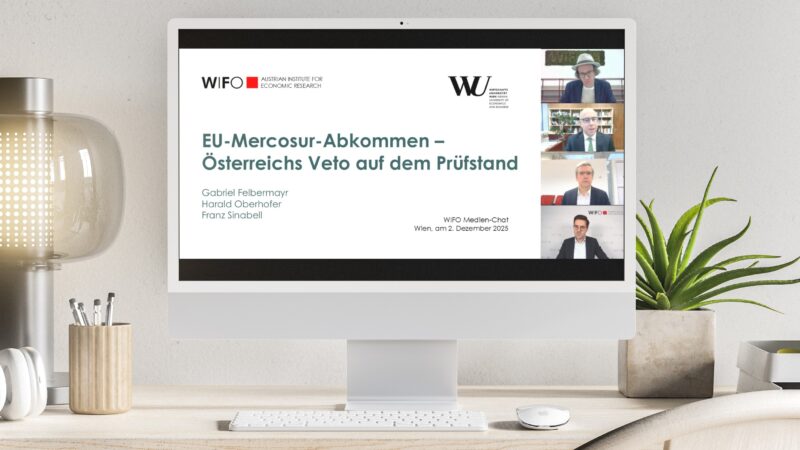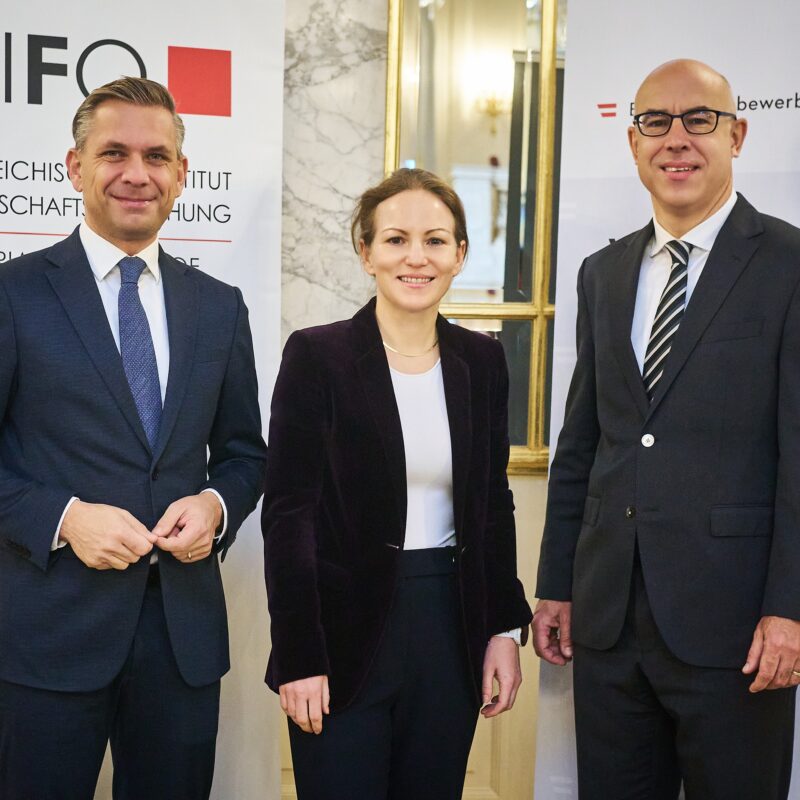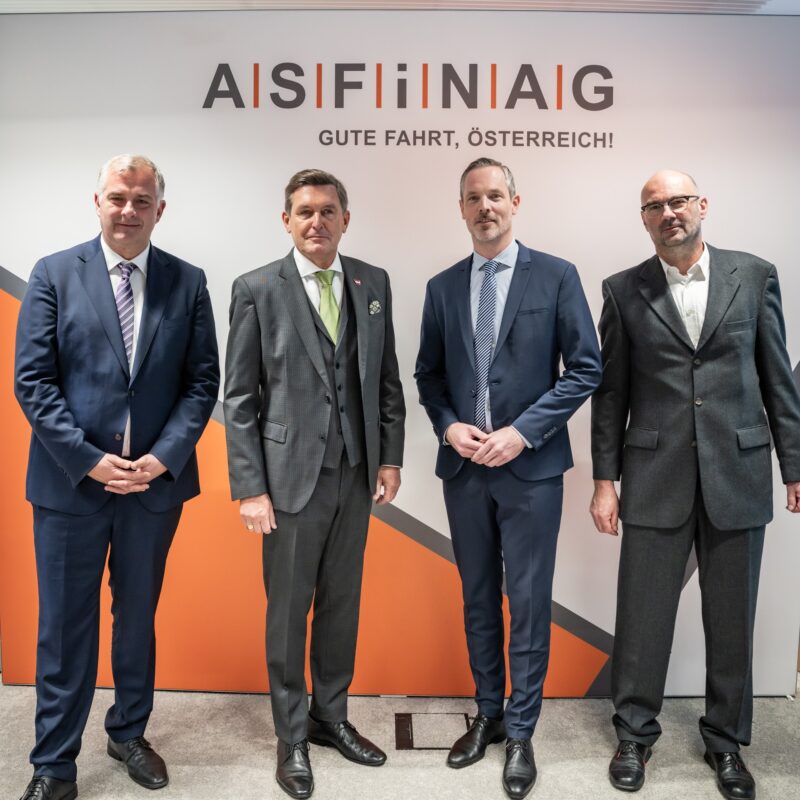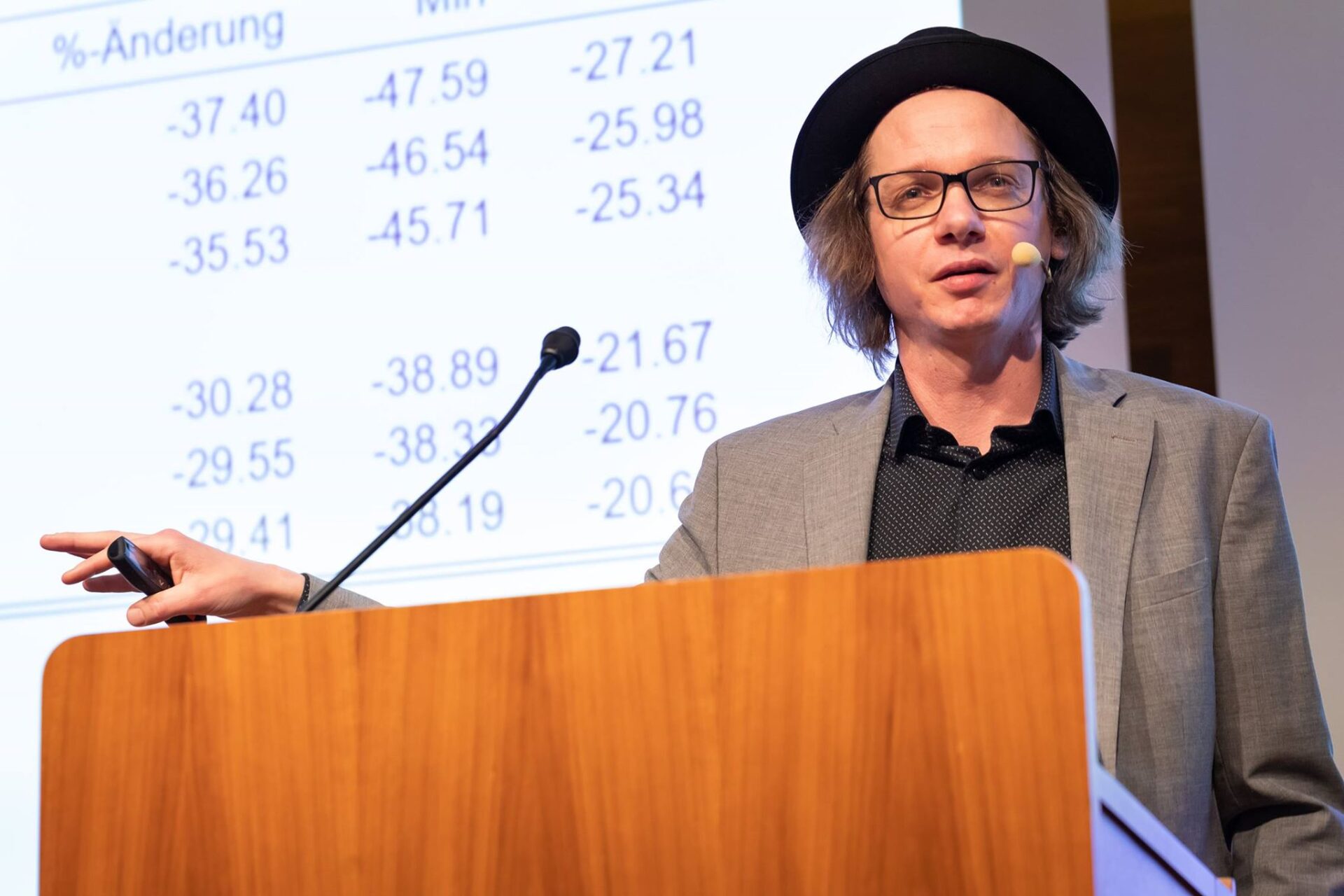
Brexit – and Then What?
Among other things, Oberhofer presented the main results of a WIFO Working Paper which he prepared together with Michael Pfaffermayr. In this paper, the two economists calculated the trade and welfare effects of Brexit. According to this, an unregulated withdrawal from the EU would have far more far-reaching negative consequences for the UK than the soft Brexit. For the remaining 27 member countries there are relatively large negative trade effects. For the overall economic development within the EU, however, a hard Brexit – with the exception of Ireland – would not have very large negative economic consequences.
According to Oberhofer, Brexit would also have further consequences for the EU. With the UK, the second largest net contributor leaves the Union and thus makes adjustments to the EU budget necessary. By abolishing the so-called British rebate, Austria would be directly affected and would have to make a larger contribution to the EU budget. This could only be compensated by savings in the EU budget. In addition, the political distribution of power within the EU will be shifted by the Brexit. Above all, the large member countries such as Germany, France and Poland will gain in weight in the EU Council and thus become more important for decision-making at European level.
Please contact





